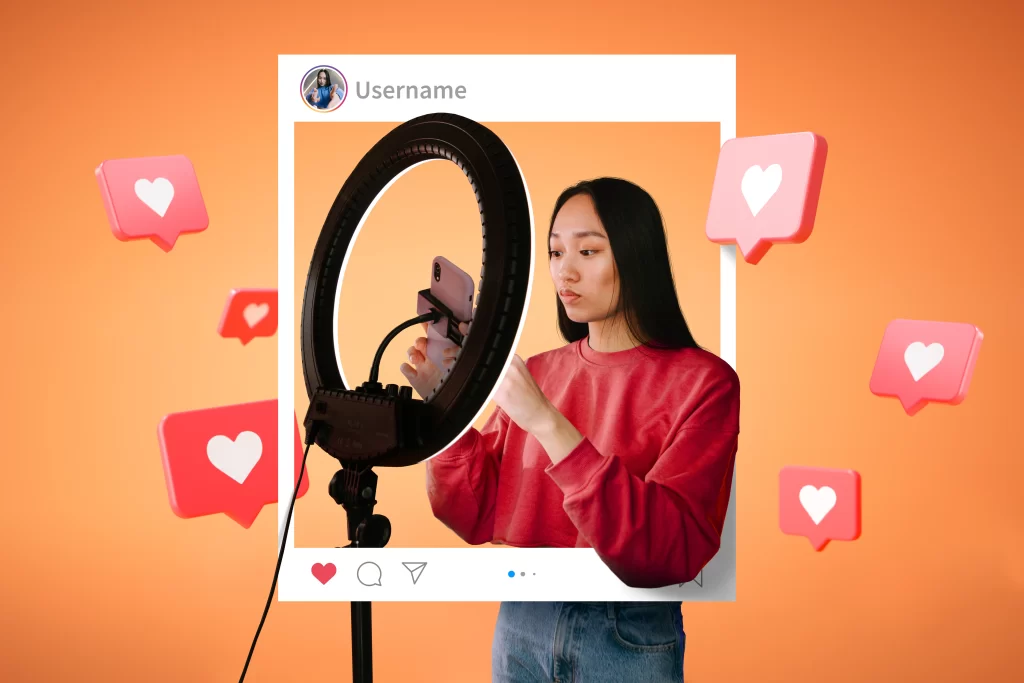Who are considered influencers?

Celebrities – Popular personalities from the entertainment or sports industry who have the ability to influence the buying decisions or opinions of their community.
Social Media Influencers – Creators who endorse products and services with their highly-engaging content that leaves a strong influence on the buyers.
Virtual Influencers – A fictional digital character created using computer graphics software with realistic characteristics, features, and personality who acts as an influencer on social media platforms.
Looking for expert guidance on social media strategy? Lets connect
When is the requirement for disclosures of endorsement for social media influencers?

Influencers while endorsing a product, service, or brand on social media platforms must disclose any material connection (including but not limited to monetary or other compensation, discounts, gifts, trips or hotel stays, media barters, coverage, and awards, free products and any family or personal or employment relationship) with the endorsing brand.
The ethical way to make Endorsement For Social Media Influencers
Endorsement disclosures must be simple and clear in language; prominently displayed in the endorsement image, video, or live stream; only terms such as “advertisement,” “sponsored,” or “paid promotion” can be used; and most importantly they are extremely hard to miss.
Influencers should always review the products or services before endorsing to ensure that the endorsing brand is in a position to give evidence and prove all the claims made in the advertisement.
Penalty for the violation of disclosure guidelines
Failure to disclose any material connection or non-compliance with the Consumer Protection Act 2019 and Rules made thereunder would make such violators liable to pay a fine of up to INR 10 Lakh, which can go up to INR 50 Lakh for repeated violations.
Our Point Of View
This initiative by The Department of Consumer Affairs is a step in the right direction for protecting consumers against unfair trade practices.
Due to the unorganized structure of influencer marketing, consumers are very likely to be misled.
So, if you are a brand owner and are considering influencer marketing for your brand awareness, make sure to follow these guidelines mentioned above to avoid the penalty in case of violation.
Not only brands, but for influencers, it is their responsibility to think about the benefit of their audience prior to themselves.
If there is anything that you would like to add to these guidelines, feel free to share your thoughts in the comments.




